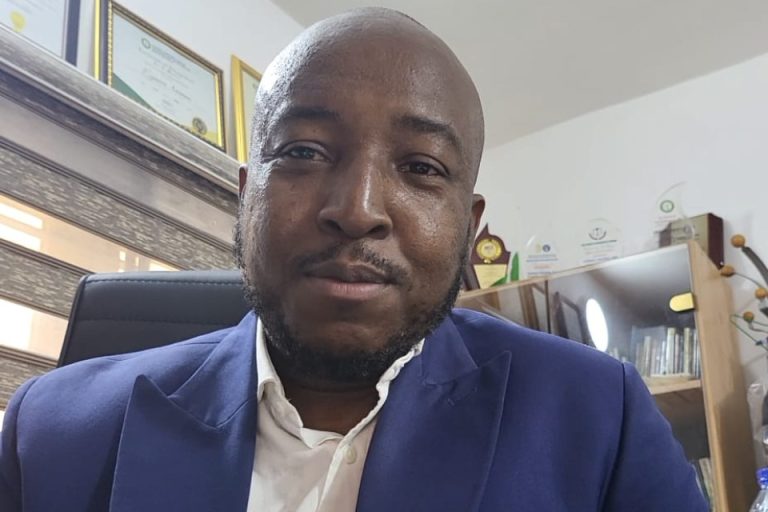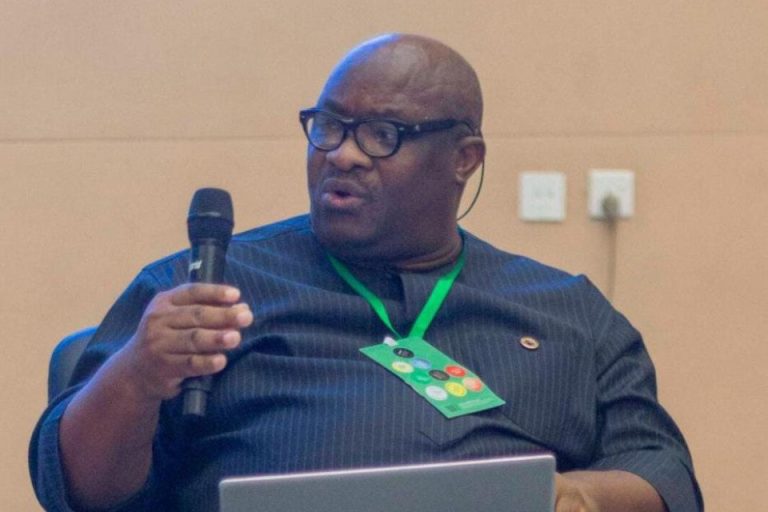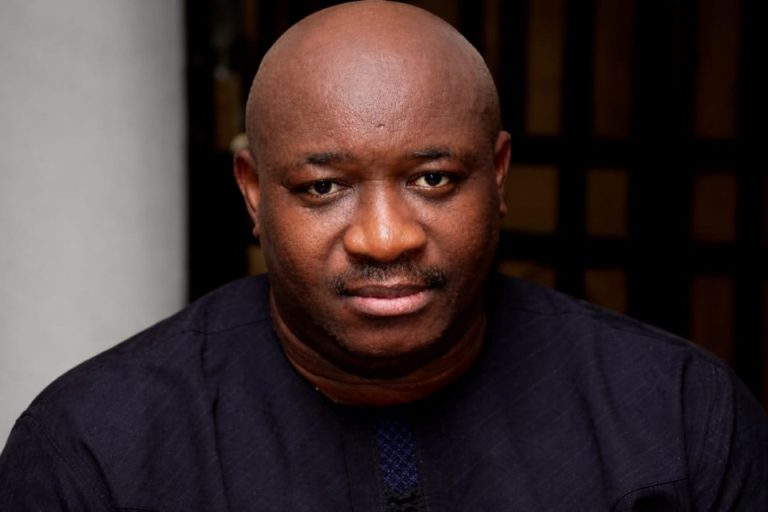
The Federal Government has presented to the United Nations Human Rights Council a list of challenges impeding the protection of human rights in Nigeria, including constitutional bottlenecks, federalism and insecurity, but stressed that it “is dedicated to creating a society where everyone enjoys their rights and freedoms, irrespective of gender, ethnicity, social and economic status.”
In its report on the action and progress made by the Government in implementing the recommendations made on Nigeria’s human rights performance in 2018, at the Third Cycle of the Universal Periodic Review (UPR), which took place between 2017 and 2022, the Tinubu Administration said: “The positive developments post 3rd Cycle review in all areas of accepted recommendations is a demonstration of Nigeria’s resolve, despite obvious challenges, to enhance mechanisms for the realization and enjoyment of human rights; combat corruption; ensure security in the face of counterterrorism and insurgency; foster democracy and good governance; and promote access to justice.”
The Government said in the “National report submitted pursuant to Human Rights Council resolutions 5/1 and 16/21”, issued by the UN Human Rights Council with reference number A/HRC/WG.6/45/NGA/1, without any formal editing, that it is “dedicated to integrating human rights principles into our legal frameworks, educational systems, and business practices.”
Following the 2018 review of Nigeria during the Third Cycle of the UPR, 290 recommendations were made, out of which Nigeria accepted 240 and took note of 50 others. Most of the recommendations were on human trafficking, gender equality, prevention of torture, improved prison conditions, and other human rights concerns highlighted by the members of the Council during the Third Cycle UPR.
In its report on five of the recommendations – Recommendations 184, 185, 186, 190 and 191 – concerned with the need to protect and promote freedom of expression, association and peaceful assembly in accordance with the Constitution in order to create a safe and favourable environment for all Nigerians without distinction of any kind, including human rights defenders, journalists and civil society, the Federal Government noted that the 1999 Constitution guarantees freedom of expression and assembly, and that the Police Act, 2020 mandates the Police to protect citizens’ rights.
It said the courts have upheld these rights, particularly regarding the requirement of a police permit for protests and that in June 2023, the High Court of the Federal Capital Territory ordered compensation for a journalist who was killed by the Nigeria Police.
The Government also reported that internal reforms undertaken include training officers on engagement rules and promoting the role of the police complaints response unit while a new Complaint Response Unit for the Lagos State Police Command was commissioned in August 2023.
It also said that following the #EndSARS protests, 30 sub-national units established judicial panels of inquiry to investigate alleged human rights violations by the Police Special Anti-Robbery Squad (SARS), adding that the governments of Ekiti and Lagos States, as well as the National Human Rights Commission, had since paid compensation to victims of police brutality.
In nine other recommendations – Recommendations 82 to 90, focused on on fighting corruption and implementing the National Anti-Corruption Strategy (NACS) to protect rights, promote good governance, and rule of law and emphasizing the need for continued efforts to eradicate corruption, support development, and repatriate funds for the population, the Federal Government reported that the implementation of the NACS was extended from 2022 to 2026.
It said: “Nigeria has been committed to addressing corruption through comprehensive approaches, with the extension of the National Anti-Corruption Policy to 2026” and explained that the policy, initially developed for 2017 to 2021, “has secured court convictions for 3,000 individuals and recovered $1 billion in loot, with $322 million redeployed into social intervention programs with the Federal Ministry of Justice saving N1442 billion ($507 million) from judgment liabilities between 2015 – 2023”.
According to the Government, the implementation of the NACS aligns with new commitments under the Paris Agreement, adding that it has established anti-corruption institutions like the Independent Corrupt Practices and Other Related Offences Commission (ICPC), the Economic and Financial Crimes Commission (EFCC), Nigerian Financial Intelligence Unit (NFIU), Code of Conduct Bureau (CCB) and Code of Conduct Tribunal (CCT) and adopted measures such as the Whistleblower Policy to encourage citizens to report corruption cases.
It said it has also taken steps to repatriate funds resulting from corrupt activities for the benefit of the population, including more than $660.4 million traceable to the late former Head of State, General Sani Abacha.
The Government also reported that in May 2022, it signed the Proceeds of Crime (Recovery and Management) Bill, 2022, “which provides an effective framework for the recovery and management of proceeds of crime” and establishes diverse law enforcement and security agencies to enforce and administer provisions.
It claimed that the ICPC successfully completed the fourth phase of its Constituency and Executive Projects Tracking Exercise, thereby ensuring that government-funded projects are executed fully to specifications.
The Government said the National Bureau of Statistics is conducting a National Corruption Survey to understand Nigerians’ experiences with corruption while some states, namely Lagos, Kano, and Kaduna, have established anti-corruption agencies, which investigate and prosecute corruption cases, thereby ensuring transparency and accountability in public procurement processes.
Outlining the challenges to the promotion and protection of human rights in Nigeria, the Federal Government said the recommendations requiring the amendment of the Nigerian Constitution would take a longer time to be acted upon because the “Constitution is a written and rigid one” and a “special majority of the two houses of the National Assembly and of two-thirds of the States’ Houses of Assembly are required to amend any provision of the Nigerian Constitution.”
Citing federalism as a challenge, it argued that the recommendations requiring constituent Nigerian states to domesticate federal legislation enacted in fulfillment of treaty obligations task the Federal Government to convince states to see things its way but that since most matters fall within the concurrent list or are residual matters, the domestication of an international treaty has taken years, if not decades, in some instances for all constituent states of Nigeria.
The Government explained that Nigeria’s legal system recognizes not only the legislative autonomy of constituent states but also the validity of norms derived from customary and/or religious practices prevalent in each state and that such practices can only be invalidated by Courts on account of being repugnant to natural justice, equity and good conscience or being incompatible with any law.
It also said that “Nigeria has continued to face multi-dimensional insecurity spread across all geopolitical zones” and that maintaining a balance between ending them swiftly and observing human rights and humanitarian law has challenged Nigeria’s armed forces.”
The Government pleaded that Nigeria requires technical assistance to support and enhance the country’s ongoing and new initiatives towards the promotion and protection of human rights, specifically requesting capacity-building assistance such as training programmes for security forces and law enforcement agencies to ensure respect for human rights during counterterrorism operations; training and resources for mental health professionals to provide psychosocial support to victims of terrorism, insurgency, and displacement; support in developing and implementing conflict prevention strategies, including designing community engagement programs to promote social cohesion; and support in developing robust data collection mechanisms to monitor human rights violations and enable targeted interventions.
It said: “Nigeria can significantly enhance its promotion and protection of human rights, and address the challenges posed by insecurity if she receives technical assistance in these critical areas.”




